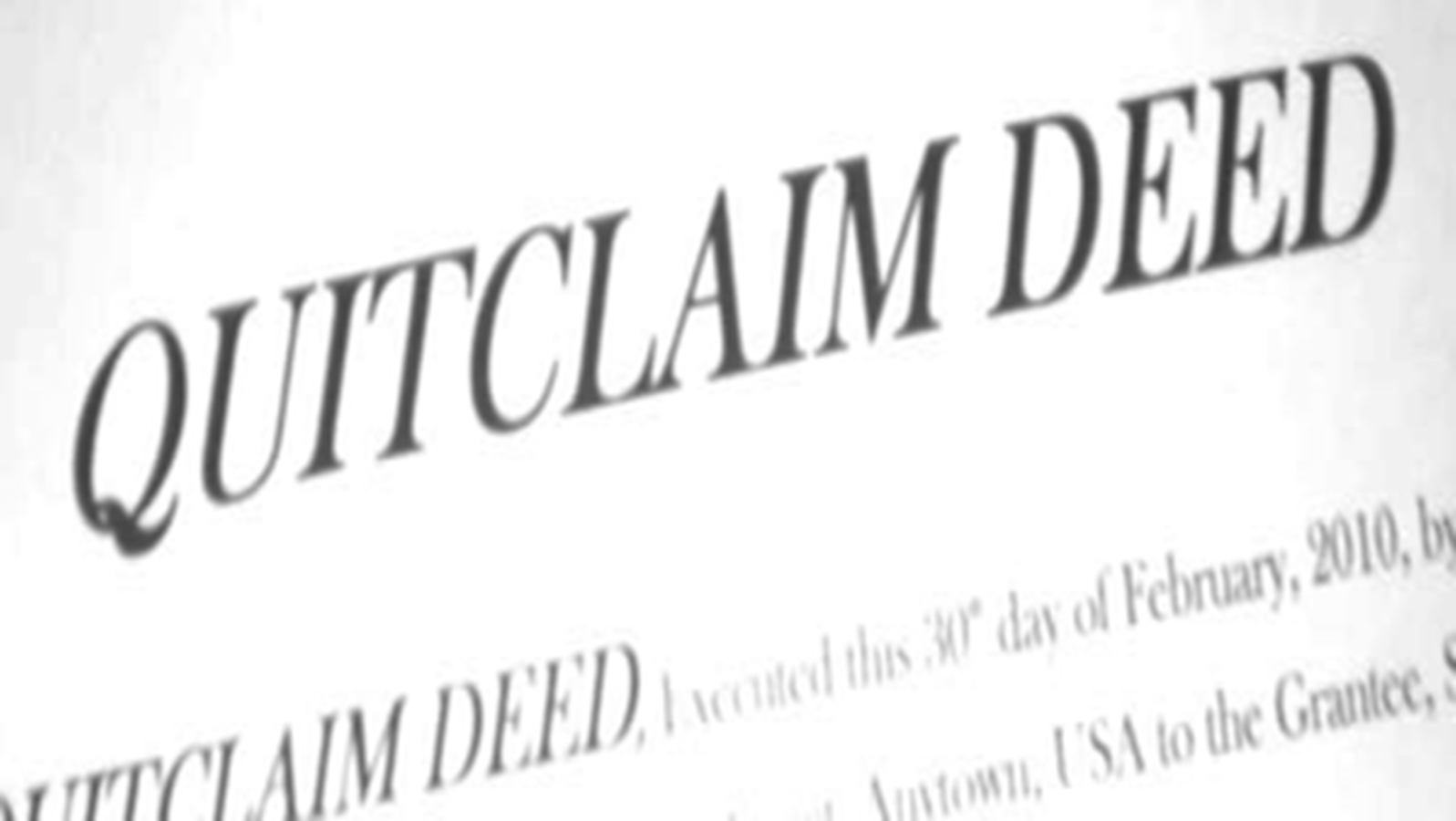
An unrecorded quitclaim deed is still valid. While there is no time limit on recording a deed or recording required for a quitclaim deed to be valid, record all deeds as soon after the transaction as possible. Failure to record a deed could render transfer or mortgaging of the property impossible and create numerous legal difficulties.
Legal Validity vs. Public Record: An unrecorded quitclaim deed is legally valid between the parties involved in the transaction. It effectively transfers ownership rights from the grantor (the person giving up the claim to the property) to the grantee (the person receiving the claim). This means that even without recording, the transaction is legally recognized between these parties.
Risk of Future Disputes: Not recording a quitclaim deed may lead to future disputes, especially in cases where the grantor decides to sell the property to another party. If a subsequent buyer, who is unaware of the earlier quitclaim deed, purchases the property and records their deed, they might be legally recognized as the rightful owner due to the doctrine of “bona fide purchaser.”
Protection Against Claims: Recording a deed protects the grantee against claims from third parties, including creditors of the grantor. In many jurisdictions, a recorded deed is necessary to establish priority over subsequent interests that may arise. This is often referred to as “race-notice” or “notice” jurisdiction.
Implications for Estate Planning and Heirship: In the context of estate planning and inheritance, an unrecorded quitclaim deed can lead to complications. If the original owner dies, the property might be considered part of their estate if the deed was never recorded. This can lead to legal challenges among heirs or beneficiaries.
Tax and Financial Implications: An unrecorded deed may have tax implications, especially in the context of property taxes and transfer taxes. The local taxing authority may not be aware of the change in ownership, leading to potential confusion or discrepancies in tax assessments.
Adverse Possession Considerations: In some cases, if a person other than the grantee of the unrecorded deed occupies the property, they might eventually acquire ownership through adverse possession. Recording the deed helps prevent such scenarios by clarifying the legal ownership of the property.
State and Local Laws: The specific implications of not recording a quitclaim deed can vary significantly based on state and local laws. Some states have more stringent requirements regarding the recording of deeds and the legal effects of failing to do so.
In summary, while an unrecorded quitclaim deed is still valid between the parties involved, not recording it can lead to a host of legal, financial, and practical challenges. It is generally advisable to record such deeds promptly to ensure clear title and protect the interests of all parties involved.
